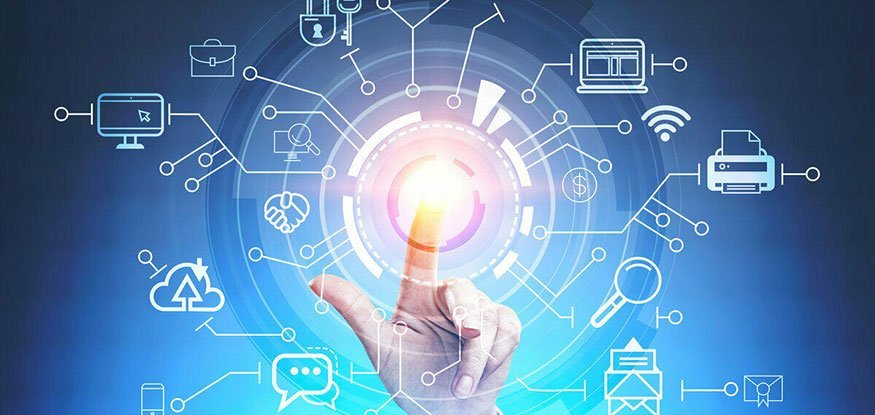From intelligent homes to connected devices being applied to several industries and aspects of our lives, we are currently experiencing one of the most prominent industrial revolutions the world has ever seen: the Fourth Industrial Revolution.
CES (Customer Electronics Show) 2020, an event fueled by innovation, was held in Las Vegas last week and a great deal of new technologies were launched, all tackling different problems the world currently faces.
Wearables
Wearable smart devices are all the rage in our hyper digital world. Sleepwear is now used to help track health vitals in a discreet manner. One of the most interesting innovations in this field has been Japanese startup Xenoma’s latest “e-skin” pajamas designed for the elderly.
Indeed, one of the most recent themes dominating the industry is the issue of dealing with an ageing population. These pajamas, which look like your ordinary pajama, have sensors built into them which basically analyze sleep conditions and health vitals and could also detect falling. The “e-skin” pajamas are one of many wearable textile tech. The sensors are woven into the fabric of the clothing in order to collect health data and detect any anomalies in the respective person’s health.
Another wearable device for the elderly which was showcased at the event is a wrist-worn monitor, presented and developed by US-based startup, CarePredict. This device enables the senior person’s loved ones to track the status of the person’s eating and sleeping habits as well as other activities such as walking. According to CarePredict, his is achieved through a built-in artificial intelligence (AI) program which could predict problems such as depression.
CarePredict CBO, Jerry Wilmink, said, “The challenge is right now, that caregivers on average live about 3,000 miles away from seniors they care for, so they need eyeballs in that home.”
US startup Smardii has also developed a solution to monitor the health of seniors who require adult diapers through analyzing the person’s stool and urine.
Sebastian Gaddini, co-founder of the Florida-based startup, commented, “There are more and more elderly people and fewer people to take care of them.”
He added, “We can help reduce costs in a nursing home setting.”
The device is expected to be launched in the US this year and to eventually be introduced in Europe.
Smart Homes
Sekisui House, the Japanese homebuilding group, introduced its “Platform House Concept” which monitors seniors for signs of health problems which inherently enables seniors to live independently. This technology, which was developed in collaboration with the Massachusetts Institute of Technology, uses sensors which are placed on the ceiling, to monitor the senior’s heart rate so that in the event of an emergency, the home will call an ambulance and allow them to come in after verification.
“One of the biggest issues is compliance with medication and wearing connected devices. Here you just it in the environment, you don’t have to worry about technology,” said MIT professor, Brian Anthony.
Another interesting solution was showcased by French startup, Technis, which involved smart flooring. This means that sensors will be used to detect the movement of the senior resident of the house and could also detect how many times they used the toiler in their pace of activity. This is achieved through the use of AI to identify any irregular behavior and in turn, alert a medical team to assist them.
Data and Robotics
Loro, a Boston-based startup which develops solutions for wheelchair-bound persons, has now developed tech which provides them with an extra set of eyes and ears, or as Loro co-founder, David Hojah, put it: “It can see what’s around without turning your head.”
It has AI built into it which ensures that it recognizes objects and can communicate with the user (through a connected tablet).
Collecting and analyzing data is very important to ensuring improvements in solutions which are being developed for the wellness of seniors.
California-based startup Ejenta, which has been working on remote healthcare, recently launched a system which has the ability to collect a large amount of biometric data from a multiple sources such as smartphones and smart clothing. The development of this system was inspired by a NASA program which was developed for astronauts.
The system monitors the conditions of patients aged 85 and over in an effort to inform caregivers on their wellbeing.
Rachna Dhamija, co-founder and CEO of Ejenta, stated, “This is where the future is going- all clothing and objects and sensors we wear will be connected, generating data. So we need platforms like this which can collect it, analyze it and provide predictive analytics for your health.”

